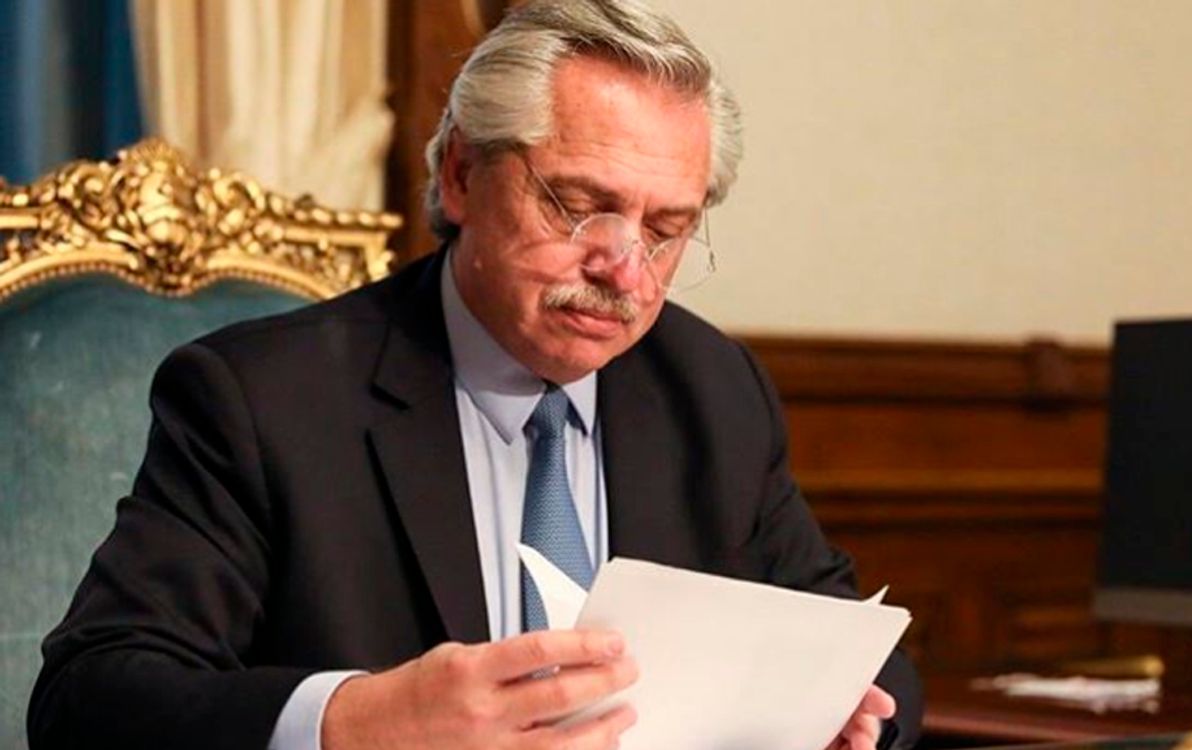OIL&GAS
ALBERTO FERNÁNDEZ SIGNED THE DNU TO ADVANCE IN THE CONSTRUCTION OF THE NÉSTOR KIRCHNER GAS PIPELINE

President Alberto Fernández signed this afternoon the Decree of Necessity and Urgency by which the constitution of a trust is authorized for the execution of the first stage of the Néstor Kirchner Gas Pipeline and that will grant its concession to the company Integración Energética Argentina (IEASA), official sources reported.
The announcement announced at Government House will allow progress with the pipeline that will allow the evacuation of incremental gas from the unconventional formation of Vaca Muerta and whose financing for the first stage is completely guaranteed with funds from the treasury, and those that Law 27,605 of Solidarity Contribution granted to IEASA.
The DNU, it was explained, grants the concession of the transport of the new Gas Pipeline to IEASA and authorizes it to constitute a trust as an administration and financial tool of the program.
The signing had been anticipated this week by the Secretary of Energy, Darío Martínez, who had previously arranged, through Resolution 67, the creation of the Gas Pipeline System Transport.Ar National Production, to build through IEASA the Néstor Kirchner Gas Pipeline and a series of complementary works and expansion of the current system.
The first stage of the gas pipeline – whose concretion was long awaited by the oil operators in order to increase their natural gas production – consists of an investment of 1,566 million dollars and whose central work is the Tratayén to Saliqueló section, that is, from Neuquén to the central west of the province of Buenos Aires.
A second stage foresees the continuity of the work to the south of Santa Fe, which would open the possibility of reaching with greater volume of gas from Vaca Muerta to the large urban and industrial centers of the country, as well as linking with the Northeast gas pipeline (GNEA) to supply the provinces of the region today isolated from the system.
The works together aim to expand the transport capacity by 44 million cubic meters per day -24 million in the initial stage-, and thus use national production and Argentine work to replace billions of dollars of current imports of LNG, and fuels such as fuel oil or gas oil.
